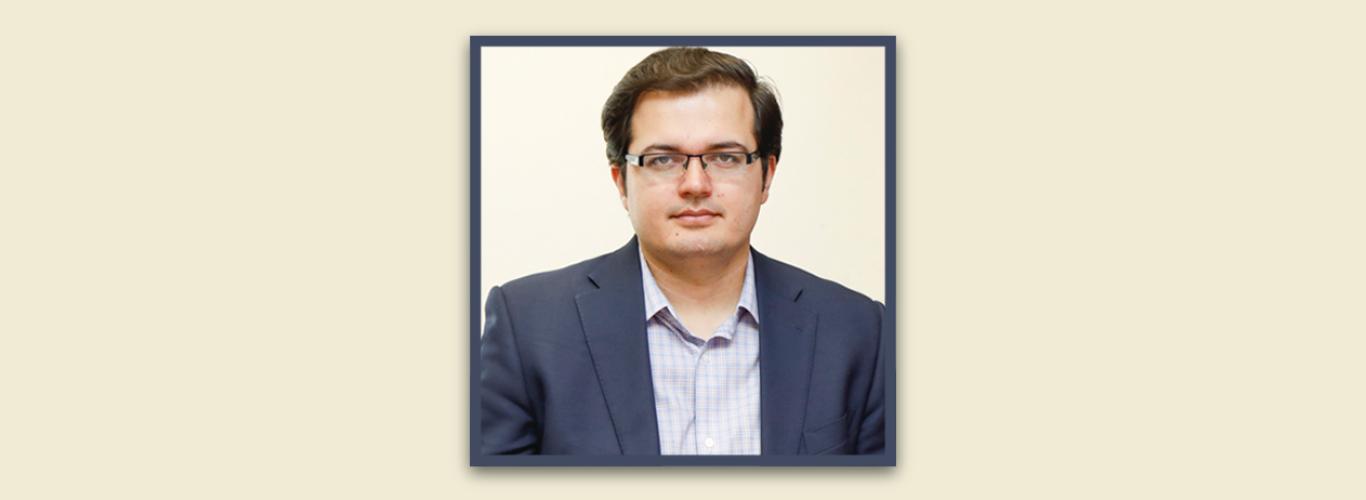In Conversation with Dr. Ihsan Ayyub Qazi, Winner of the 2021 Sheth International Young Alumni Achievement Award
Associate Professor of Computer Science at the Syed Babar Ali School of Science and Engineering, Dr. Ihsan Ayyub Qazi has been awarded the prestigious 2021 Sheth International Young Alumni Achievement Award by the University of Pittsburgh.
Created by Dr. and Mrs. Jagdish N. Sheth, this award aims to honour a member of the University of Pittsburgh alumni network. Dr. Seth is a renowned scholar and an expert in the field of marketing. He is globally eminent for his scholarly contributions in consumer behaviour, relationship marketing, competitive strategy and geopolitical analysis.
The award is given to only one University of Pittsburgh graduate who earned their degree on a student visa in the last 15 years, and made contributions to the international community through a professional achievement.
Please talk a bit about the significance of the award for you, personally and professionally.
It is an incredible honour to be awarded the prestigious 2021 Sheth International Young Alumni Achievement Award by the University of Pittsburgh, which is given to only one graduate every year. To be recognised by your alma mater is a personally motivating as well as deeply humbling experience.
What did your time at the University of Pittsburgh teach you? What lessons learnt do you hope to pass forward to your students?
The five years I spent at the University of Pittsburgh are among the most memorable times of my life. I was very fortunate to learn from inspirational mentors and colleagues there, who taught many of the life lessons I hold dear even today.
For example, at Pitt I learnt about the value of good ideas, how they can improve the world for the better, and the various processes one can follow to come up with useful and impactful ideas. I also learnt how to think independently, and the importance of continuously reflecting on one’s own biases. Another significant thing I learnt was the importance of bringing rigour in our scientific pursuits. I can never forget a comment by one of my thesis committee members who said, ‘Every number that appears in a research work must be rigorously defended.’ For me, this remark was a calling against arbitrariness in research. These are some of the lessons that I share with my students at LUMS.
What role has LUMS played in your professional trajectory?
LUMS is an incredible place in profound ways. First, it has amazing students and faculty who are constantly striving to improve the world for the better with their ideas, passion, empathy, and energy, which is highly inspirational for me personally. Second, we often say at LUMS, “No one is anyone’s boss,” highlighting the horizontal culture in the organisation, which I deeply cherish. Third, LUMS is unafraid to encourage bold ideas and charter new territories, whether it be changing the curriculum, introducing new programmes or rethinking pedagogy. These aspects have made what LUMS is today.
Outline some of the research you do at LUMS.
My current research centres on digital development with a focus on designing technologies and educational interventions that bridge the digital divides between developed and developing regions. These include divides in connectivity, access, and affordability across served and underserved areas, gender, age, persons with disabilities, and digital literacy and skills.
Since joining LUMS, I have led several transdisciplinary projects, especially with my colleagues in computer science and economics on bridging the digital divides with a focus on connectivity, affordable access and digital literacy. The projects have aimed to achieve goals such as making the Web more affordable and inclusive for users in developing regions; designing evidence-based educational and technological interventions for countering fake news among low digital literacy populations and developing low-cost and privacy-preserving cloud infrastructure.
What ongoing projects are you currently part of?
I am part of many projects being carried out with my colleagues from various schools at LUMS.
One such large project is on digital development, in which we are researching various ways to provide affordable Internet access and improve the digital literacy rate of the population. We are also working on ways to counter deepfake misinformation. Another area I’m interested in is how to make modem machine learning systems privacy-preserving and inclusive.
The 2021 Sheth International Young Alumni Achievement Awards virtual ceremony will be held on October 4, 2021, which is open to public.























